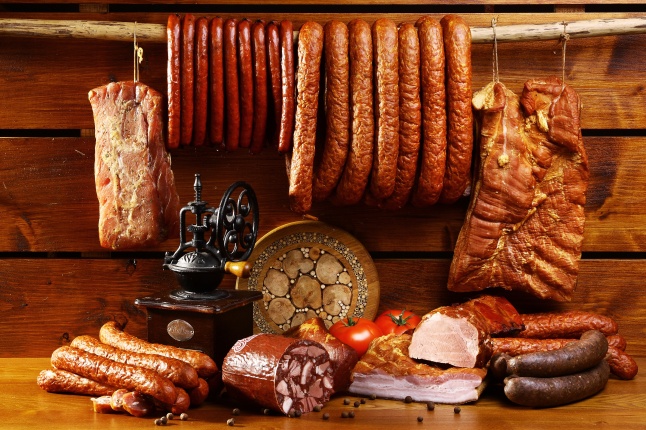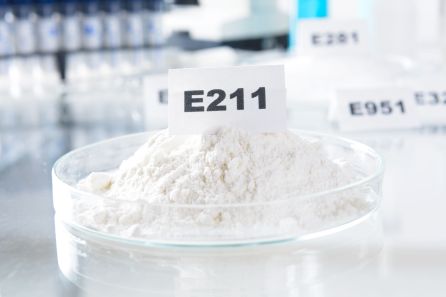
In my previous article on the advantages of organic food, I focused on the health risks involved with pesticides. In order to be organic, foods must also be free of chemical preservatives.
Many foods are prepackaged and need to be able to sit on the grocery store shelf for long periods of time. This has led to manufacturers using preservatives to keep the food from going off before the consumer buys the product. Some natural preservatives include sugar, salt, vinegar, ascorbic acid (vitamin C), freezing and pasteurizing (heat treating). Others are not so natural and may be detrimental to your health.

The recent health trend to help reduce cardiovascular disease (CVD) has been to cut down on eating saturated fats and cholesterol by decreasing the intake of red meat. This has led people to increase their intake of ‘low fat’ processed meats. A study published in 2013 in the journal BMC Medicine found that there was no link between unprocessed red meat and CVD. Eating processed meats on the other hand increases your risk of CVD by 30% and increases your risk of cancer, in particular colon cancer. This includes bacon, devon, ham, bologna, salami, lunch meats, hot dogs and sausages. This increased risk is due to the high sodium and preservative content.
A study from the US published in 2013 found that kids who drank more soft drinks were more likely to have asthma regardless of their weight. They only looked at kids who drank regular soft drink so they were not consuming artificial sweeteners. The authors speculate this is most likely due to the preservatives. So just because you exercise and burn off the calories, soft drinks still have detrimental effects on your health.

Certain preservatives have been found to have a wide range of side effects. Sodium sulfite (221) and sorbic acid (200) suppress immune cells. Sodium nitrate (251) and sodium benzoate (211) alter DNA, which is how many cancers begin. Sodium sulfite and sodium benzoate decrease the hormone leptin. Leptin levels falling are a trigger for us to eat. Consumption of these preservatives can lead to overeating which leads to weight gain. Sodium benzoate and artificial food colourings are linked to hyperactivity in children. Sodium benzoate and potassium benzoate (212) when combined with ascorbic acid (found in juice) creates benzene, which is a known carcinogen. Benzoates are slowly being phased out but they are still in circulation so you need to watch out for them.
Sodium metabisulphite (223) has become more popular as a preservative because it actually kills food contaminants as opposed to the others, which just inhibit the growth. It is used to sterilize equipment for wine and beer brewing. It is used during processing and is present at levels lethal to bacteria when we consume the products that contain it. As I have mentioned in previous articles, having healthy gut bacteria is important to our overall health status. Consuming foods that contain lethal levels of preservatives is going to put your gut bacteria out of balance potentially causing illness.
In Australia, as in many other countries, if an ingredient is at a concentration of less than 10 parts per million (ppm) it does not have to be declared on the label. This is in spite of the fact that 10ppm is an effective level for killing bacteria. This has led some companies to advertise their products as ‘preservative free’ despite containing preservatives. Also, artificial colours and flavours are loaded with preservatives. If you see these on a label you know the product contains some sort of preservative.

Although it is important to keep microbes off our food, the best thing is to eat it fresh so you don’t need to eat any chemicals. If you do eat preserved food, make sure you check the labels carefully. If you have any questions, talk to your local naturopath.

So nice
LikeLike